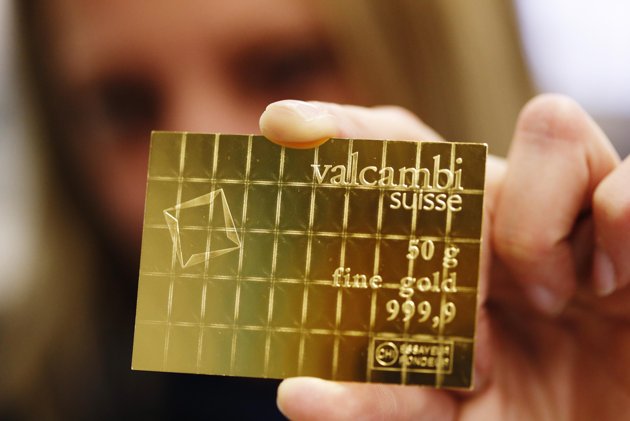I have already read the following answer which is not really meaningful: 21 Million Calculation
Here's a mathematical explanation: Calculate the number of blocks per 4 year cycle: 6 blocks per hour * 24 hours per day * 365 days per year * 4 years per cycle = 210,240 ~= 210,000 Sum all the block reward sizes: 50 + 25 + 12.5 + 6.25 + 3.125 + ... = 100 Multiply the two: 210,000 * 100 = 21 million.
The total number is thus derived from the reward size and in either case does not provide much insight. I am a bitcoin fan but I am concerned about the deflationary risks in the distant future.
Since it is open source, if there are deflationary problems in the future can adjustments be accepted by the network to adapt? If so what might the possible solution entail?

